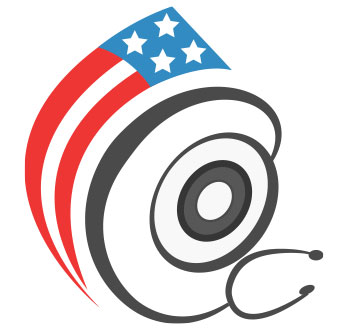It’s a good idea to seek a second opinion when seeing a doctor. 40 percent of doctors’ mistakes are misdiagnoses. Because multiple diseases share similar symptoms it is difficult to differentiate what illness a patient may have.
Case 1:
The symptoms are headaches, ringing ears, backaches, neck pain, and toothaches. Most commonly this is diagnosed as a migraine or ear disorder, but in reality is probably TMJ. The temporomandibular joint syndrome is when the joint keeping your skull and jaw together becomes inflamed. A dentist is the best person to get to treat this! If it doesn’t go away you should visit the dentist as they have more knowledge in this area.
Case 2:
The symptoms are numbness on the side, dizziness, headaches, loss of balance, impaired vision and speech. This is most commonly misdiagnosed as vertigo, migraines, or an inner ear disorder. It is probably a stroke. Numbness on one side is practically enough for you to go to the hospital already! Especially when accompanied by pain or any other symptoms. 14 percent of people under the age of 45 are misdiagnosed in this area. You should get this treated immediately. If a stroke is left untreated it could lead to a worse stroke and can progress to brain damage.
Case 3:
The symptoms are difficulty breathing, chest pain, fatigue, and an abnormal heartbeat. Normally this is diagnosed as a panic attack or a lot of stress, but is often actually a heart attack or cardiovascular disease. Women are more commonly misdiagnosed in this case. You should try to make an appointment with a cardiologist.
Case 4:
Sadness, tiredness, weight gain, muscle aches, stiffness, and difficulty sleeping. This is most commonly diagnosed as depression. Hypothyroidism has the same symptoms as this. When it doesn’t make enough hormones it can affect your emotions and add deserted and alone feelings. Hypothyroidism is dangerous and can lead to other life-threatening conditions, such as heart disease, high blood pressure, and high cholesterol. Ironically, hypothyroidism can also lead to depression.







